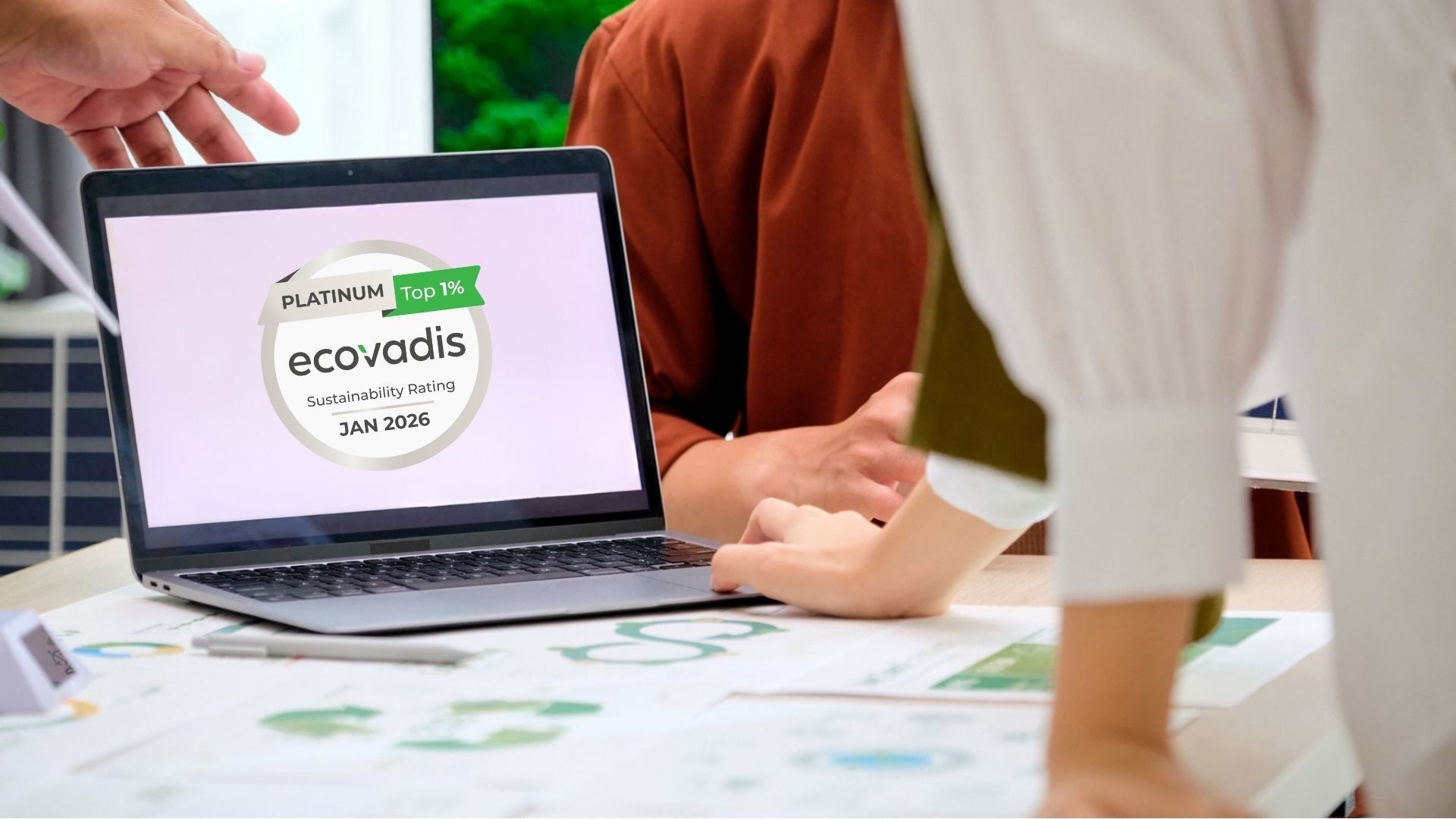Constructive feedback is an essential part of collaborative working. It can help foster trust and understanding between co-workers, ensure clarity in communication, and help colleagues grow professionally through critiques that advance their skillset. However, providing constructive feedback without creating tension and unintentionally hurting feelings can be tricky to navigate – particularly when it comes to those we work alongside each day. Here are our tips on how to navigate this process to help create an environment of growth and trust in the workplace.
Do it face-to-face
Delivering constructive feedback should always be done face-to-face whenever possible. While email, phone and instant messenger are incredibly useful in other situations, they can also be prone to misinterpretation due to lacking important context such as vocal tone, body language, and emotional inflection. In-person conversations are also more dynamic, as both parties can ask questions and delve deeper into the topics at hand.
Build trust
Starting on a positive note is important to help build trust and create an environment where your colleague feels valued and appreciated, making them more receptive to the feedback that follows. Additionally, positive feedback enables a balanced discussion wherein both parties can acknowledge what is working well and what still requires improvement.
Be specific and provide examples
Simply telling someone that they did something incorrectly or that their work needs to improve but not providing specifics is not helpful and provides no clear outline for how to move forward. The better approach is to focus on the specifics of what was good and what was not, to help your colleague understand exactly what they should address or improve upon.
Don't make it personal
When providing feedback, it is important to differentiate between the individual and their actions or behaviours. By focusing on the behaviour or action without making it personal, your colleague can receive the feedback with an open mind and be more willing to make improvements.
Be solution focused
Collaboration is key when giving constructive feedback. It is important to work with your colleague to find a solution to any problems that have been identified. During your discussion, you can suggest or brainstorm ideas together to improve the situation and overcome any challenges.
Be timely
Providing essential feedback in a timely manner is ideal practice, whether it is praise or constructive criticism. Avoid waiting for days or weeks to give feedback. Addressing the situation or project while it is still fresh in yours and your colleague's minds makes the conversation more relevant and actionable. However, if a co-worker has done something that has negatively impacted you directly, it is important to take some time to sort out your thoughts and emotions before addressing the situation with them.
Ask questions and listen
When giving feedback, it is crucial to ask questions and encourage your colleague to reflect on their work, explaining certain decisions and actions they have taken. This approach enables them to identify areas where they could improve and perform differently, rather than simply receiving criticism that might make them defensive.
End on a positive note
When closing a difficult or negative conversation, it's helpful to reiterate the positive aspects of the discussion. Emphasise the positive feedback or praise you provided at the beginning of the conversation and offer encouraging words about the future. Ending the conversation on a positive note can leave your colleague feeling motivated and improve their overall morale.
Constructive feedback can encourage personal growth and development, leading to better job performance and greater job satisfaction. It's essential to deliver feedback in a supportive and respectful tone and setting. Exceptional constructive feedback helps employees understand their mistakes and motivates them to reach their full potential.
Remember, positive reinforcement is vital to everyone's growth, so it's essential to let colleagues know when they're performing well. Providing ongoing feedback is one of the most critical and powerful tools available for employee development.




















